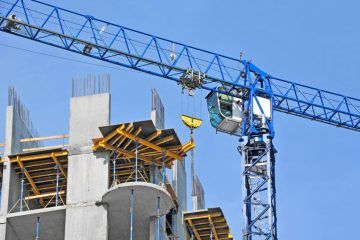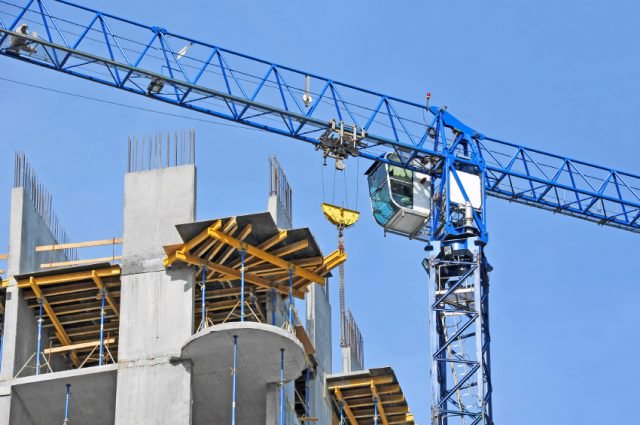Public events to assist landlords and tenants
Buy-to-let investors have been invited to attend a number of public events over the next few days. These events will see a number of experts offering tips and advice for landlords for them to make the most of their investment.
These events will be hosted by Harrison Murray Lettings and will take place in the firms’ offices in Nottingham, Leicester and Northampton during the next two and a half weeks.
Service
Harrison Murray Lettings will broadcast its experience and service for buy-to-let landlords and tenants alike. The sessions will talk about the benefits the company could offer as part of the Nottingham Building Society, aka The Nottingham.
The firm aims to build on the free lettings advice offered and includes an online tool entitled FixFlow, which assists tenants to communicate with their landlord should any issues arise.
More reasons for investors and tenants to utilise Harrison Murray Lettings include access to The Nottingham’s wide ride of services. These include full residential state agency services, conveyancing, home insurance and financial and estate planning.

Public events to assist landlords and tenants
Improvements
Stephen Reade, head of letting, said: ‘FixFlow is a fantastic way of making sure both landlord and tenant are happy and it is just one of a number of things we have done to improve our offering.’[1]
‘As well as front-facing developments like utilising FixFlow we have upgraded internal systems and databases to keep ahead of the constantly changing lettings market and all of this whilst making sure we have remained-and will remain-extremely customer service focused,’ he continued.[1]
Mr Reade went on to say: ‘Keeping client needs front and centre is imperative as we are helping landlords maintain their assets and tenants to live safely and comfortably, particularly in a climate where many individuals and families are finding it hard to get on the property ladder and are forced to rent.’[1]
‘Where we are different is that by being part of a large, established building society like The Nottingham we can bring in that extra bit of trust factor as well as an ‘all-under-one-roof’ offering when it comes to property and financial services and advice. Our forthcoming events are designed to showcase all of those positives and to have a bit of fun along the way. We hope as many people as possible can attend.’[1]
The full list of the events is:
- Friday 27 January: HM Lettings, 15-17 Halford Street, Leicester, LE1 1JA
- Friday 3 February:The Nottingham, 5/13 Upper Parliament Street, Nottingham, NG1 2BX
- Friday 10 February: HM Lettings, 3 George Row, Northampton, NN1 1DF
[1] https://www.landlordtoday.co.uk/breaking-news/2017/1/new-public-events-to-help-landlords-maintain-their-assets






